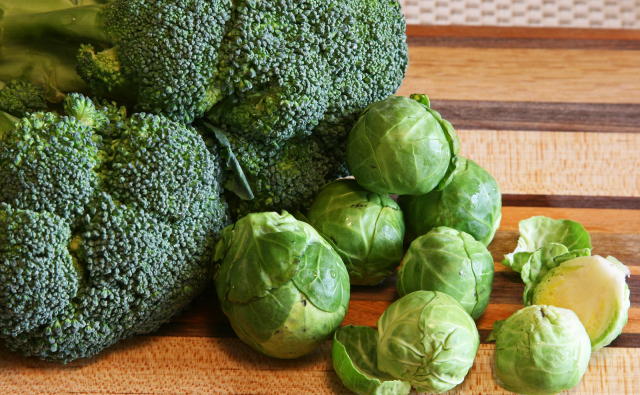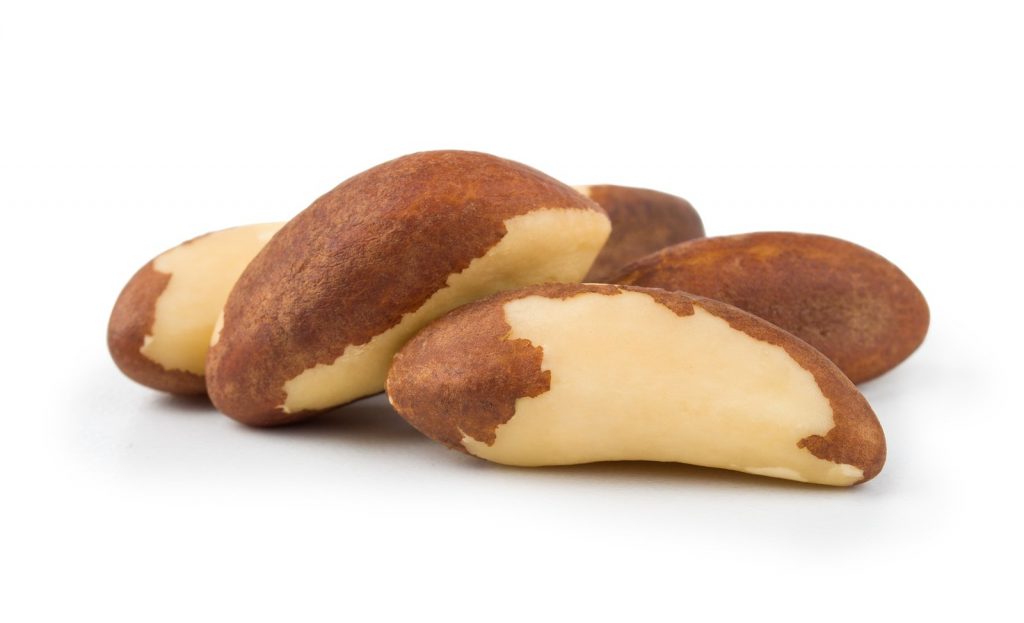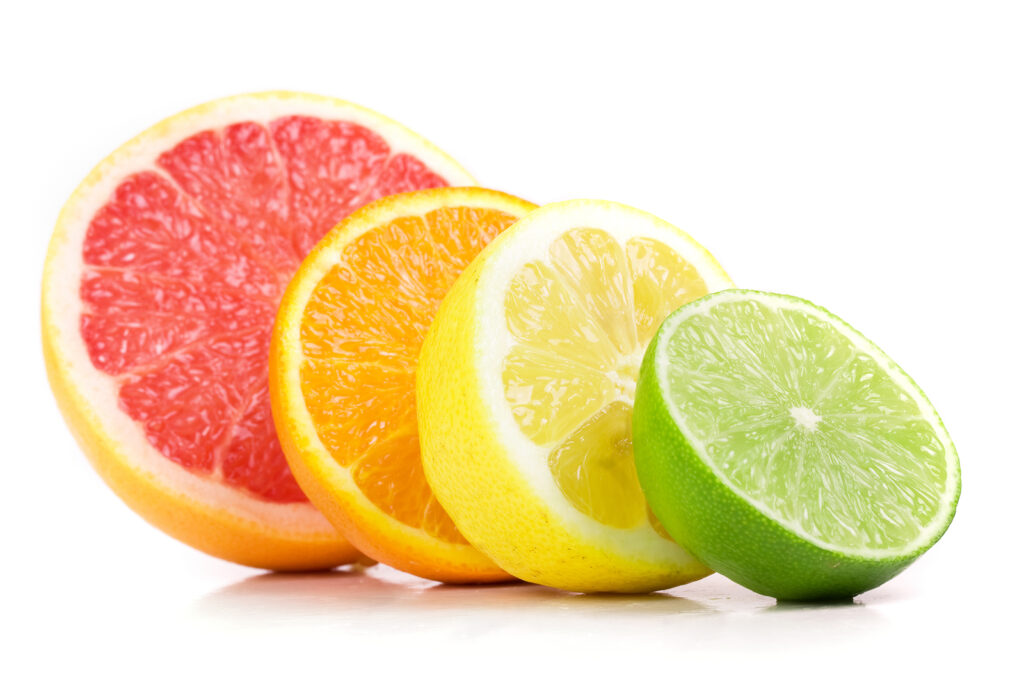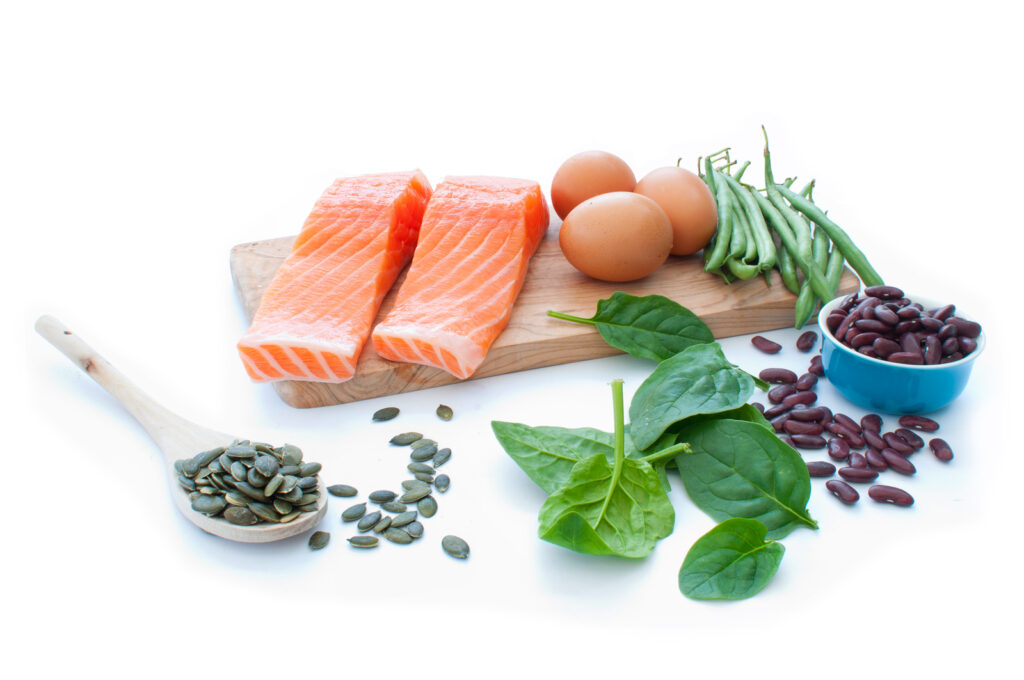Did you know that your diet can impact your hormones?! And I am not just talking about hormones like estrogen and testosterone, this includes thyroid and adrenal hormones too. The thyroid produces T3 and T4 to help regulate your metabolism. The adrenals are responsible for dealing with stress (cortisol) and blood pressure (aldosterone), but they also produce progesterone, DHEA, testosterone, and estrogen. A poor diet, stress, lack of sleep and a sedentary lifestyle can cause your endocrine system to be off balance.
Why do I feel…?
- Tired and unmotivated?
- Easily overwhelmed?
- Sleepy after lunch?
- Very sensitive to cold or hot?
- Dizzy when going from sitting to standing?
- Stressed? (doesn’t everyone?!)
- Insomnia or un-refreshing sleep?
- Like you can’t kick your carb cravings
Do you ever notice…
- Excess hair falling out?
- Weight gain around your abdomen?
- Heavy or painful menses?
- PMS?
- Irregular cycle?
- Hot flashes?
If you answered “yes” to 3 or more of the items listed, your hormones could use a nutritional boost! Here is the list of foods that help support your ovaries, adrenals, and thyroid.

-
Broccoli and his cruciferous cousins.
Your liver is the powerhouse behind all hormones, working behind the scenes to allow your hormones to express themselves when needed. Your liver also has to power through junk like sugar, processed foods, toxins, alcohol, excess fat, and even medications. Our liver needs all the help it can get and cruciferous veggies, also known as Brassica, are just the answer.
Broccoli and his other green friends contain sulphur compounds that support the detoxification pathways and fat metabolism. Glucosinolates which are metabolized to form indole-3-carbinol or I3C and DIM in theses green veggies may help also prevent cancers like breast, cervical, colon, and prostate. But, not only are your liver and endocrine systems supported by these veggies, your bones benefit from the calcium and they lower homocysteine levels to protect your heart. Wow! So, which veggies do you need to include in your diet? Swiss chard, cabbage, brussels sprouts, cauliflower, watercress, radish, rapini, arugula, spinach, turnip, kale, and bok choy.
Tip: Cook them to destroy goitrogenic effects that can slow down an already sluggish thyroid. See this veggie recipe and this one too.

-
Seaweed
For those of you in Minnesota, I am not talking about the seaweed at your nearest lake. This is seaweed from the ocean that you might find wrapped around your favorite sushi roll, seaweed salad at a Japanese restaurant or in one of my favorite snacks – roasted seaweed.
Thyroid hormones production requires iodine and seaweed is very high in iodine. A deficiency can cause thyroid problems, goiter, and stunted growth in children.
Tip: Iodized salt and fish also contain iodine. Do not take an iodine supplement without checking with your doctor first.

-
Brazil Nuts
6-8 brazil nuts (1 oz) provide 10x the Recommended Dietary Allowance (RDA) for adults. Wow! But, why is selenium so important?
Remember our friend iodine from #2? Selenium helps attach iodine to the thyroid hormones. The thyroid has the highest concentration of Selenium in all the organs in the body. Selenium also protects the thyroid and aids in thyroid hormone metabolism. Anti-body (anti-TPO) levels in those with Hashimoto’s disease have been improved with Selenium supplementation as well.
Tip: You can also find our friend and antioxidant, Vitamin E in brazil nuts. 4 nuts per day is plenty.

-
Citrus fruits like oranges, lemons, and grapefruit.
Stress on your body triggers the adrenals to produce more cortisol. This is caused by emotional (work, relationships, worry, anxiety, etc) or physical stress (illness, injury, exercise), lack of sleep, caffeine, and alcohol.
When there is excess or chronic stress, cortisol and sex hormones (estrogen, testosterone, progesterone) become imbalanced. Adrenal hormone imbalances can also contribute to weight gain, osteoporosis, weakness, weakened immune function, and irregular menses.
So, why citrus fruits? The adrenal glands and brain have more vitamin C than any other tissue in the body. During stress more vitamin C is used or lost. See the correlation between stress – lower vitamin C – greater susceptibility to infections? Citrus fruits, especially oranges are known for their high concentration of vitamin C.
Tip: eat the whole fruit including the skin (not the peel, but the fibers around the pulp) to gain the most nutrients and fiber from your fruit.

-
Protein
More protein and less sugar! The adrenal glands help with blood sugar regulation. When your body is stressed it makes more glucose (sugar) to give your body the energy it needs to cope with the stress. Because you already have enough glucose, you do not need to consume more, but need protein for energy. In fact, consuming too much sugar during times of stress puts even more stress on your adrenals, not to mention the rest of your body. Think about it…excess stress –> poor dietary habits and more sugar –> weight gain –> more stress. Stop the cycle by cutting out the sugar and increasing your protein intake.
Tip: Protein includes animal protein, but also beans, lentils, veggies like spinach, nuts, and seeds.
Thank you for reading and we wish you balance in your life and your hormones!
~ Dr. Katie Corazzo

Nutrition is essential to our health. If you continue to have hormonal imbalances and would like to seek out natural therapies with naturopathic medicine, call your local Naturopathic Doctor or Dr. Katie for a complimentary 10 minute consultation. She practices in Edina and Woodbury Minnesota, but patients come from all over the twin cities. Dr. Katie uses alternative medicine and holistic care to uncover the root cause of imbalance. We hope to hear from you soon! 612-564-2218
References:
- http://www.ncbi.nlm.nih.gov/pubmed/23046013
- http://www.ncbi.nlm.nih.gov/pubmed/10403185
- http://chealth.canoe.ca/channel_section_details.asp?text_id=4635&channel_id=44&relation_id=48472
- http://lpi.oregonstate.edu/infocenter/phytochemicals/i3c/

